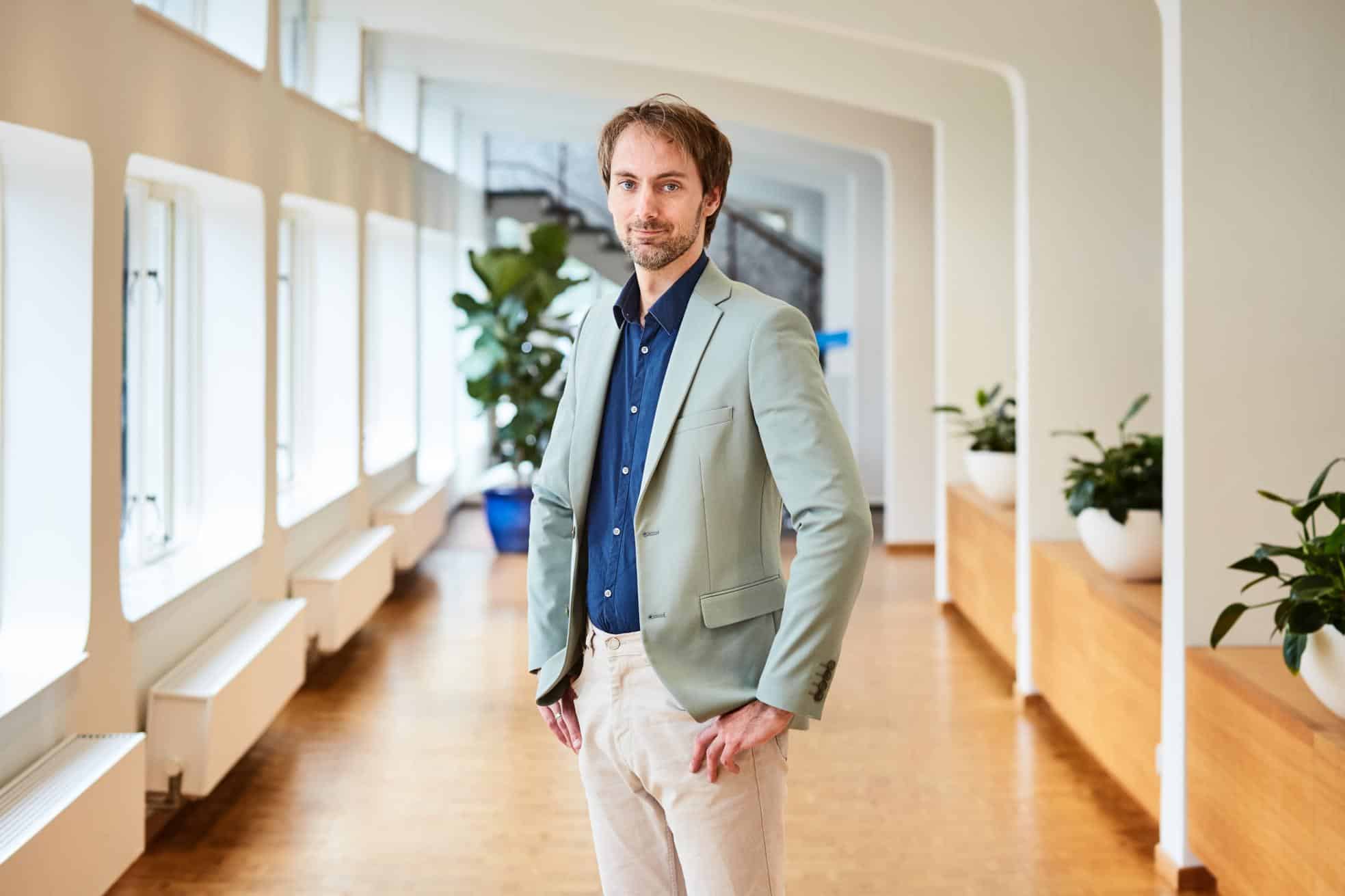
According to the SER, making the manufacturing industry more sustainable is a precondition for maintaining industrial activities in the Netherlands and necessary for our strategic autonomy. This is stated in the advice letter Verduurzaming Maakindustrie, which the Social and Economic Council (SER) has adopted.
The Social and Economic Council (SER) states that making the manufacturing industry sustainable is not only indispensable for our climate goals but also for a thriving economy. Industry, accounting for a third of national emissions, must transform to maintain employment and keep the Netherlands strategically autonomous. This requires strong labor market policies, training, and smart organization. Investment and clear policies are crucial, as is a national strategy for clean technologies. The Climate Fund plays a key role in this, according to the SER, as does addressing the acute labor shortage.
Industry in transition
The Dutch manufacturing industry is facing a significant turning point. With the industry accounting for about a third of total CO2 emissions in the Netherlands, making it more sustainable is no longer a choice but a necessity. This applies to achieving the climate goals and ensuring the strategic autonomy of the Netherlands.
An integral, widely supported, and active labor market and training policy is essential to make the sustainability of the manufacturing industry possible. The SER highlights the need for well-trained, skilled workers to realize the transition to a sustainable industry. In addition, the SER calls for the government to support social partners and companies in this transition actively.
Although the manufacturing industry has greatly reduced greenhouse gas emissions since 1990, it faces the great challenge of further reducing the remaining emissions. This requires substantial (policy) efforts, including investments in training and labor market policies, to prevent a shortage of qualified personnel.
Investments and policies
To accelerate sustainability, there must be a stable and clear policy around pricing, subsidizing, and standardization. This policy must stimulate investment decisions for sustainability in the Netherlands. Also important here is the role of the Climate Fund, from which resources have been set aside for customization and cluster plans.
The SER advocates a national strategy for clean technologies. This aligns with the European agenda to position the Netherlands as an important location for a sustainable manufacturing industry. This is not only about technological innovation but also about strengthening the competitive position.
Another critical issue is network infrastructure. Switching to renewable energy sources requires a strengthened and expanded power grid to combat congestion. It is a prerequisite for meeting climate goals and requires adequate staffing and quick permitting procedures.

Technical talent attack plan
The shortage of skilled workers is another persistent problem. This hinders not only the manufacturing industry but also the energy sector. The SER calls for a technical talent attack plan, with (side) inflow pathways and skills-based guidance to support the transition.
Making the manufacturing industry sustainable has international importance. It contributes to the geopolitical independence of the Netherlands. FNV and VNO-NCW emphasize the need for the new cabinet to take the greening of the industry seriously to preserve jobs and the earning capacity of the Netherlands.
The manufacturing industry is widely spread across the country. Employer organizations call for attention to the regional importance and stress that the manufacturing industry is present everywhere in the Netherlands, from glass and paper industries to brickyards.








